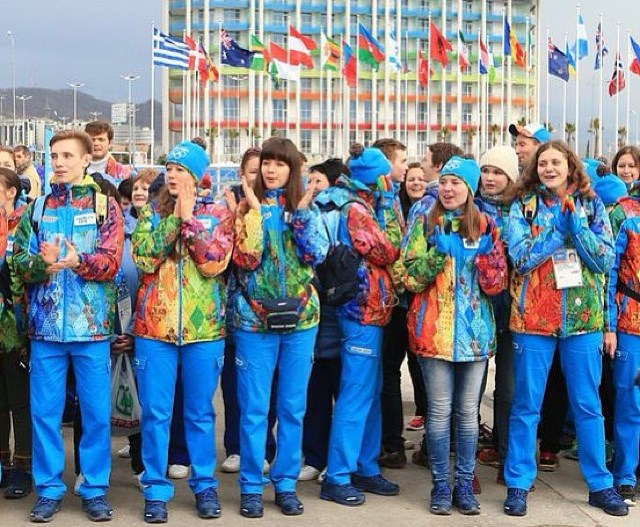
Researchers from HSE University Compare Motivations of Volunteers at Winter Olympics in Sochi and Beijing
The Sochi 2014 Olympics volunteer programme involved 25,000 people. It was the first such volunteer project in Russia and was organised with support from the government, educational institutions and non-profit organizations.
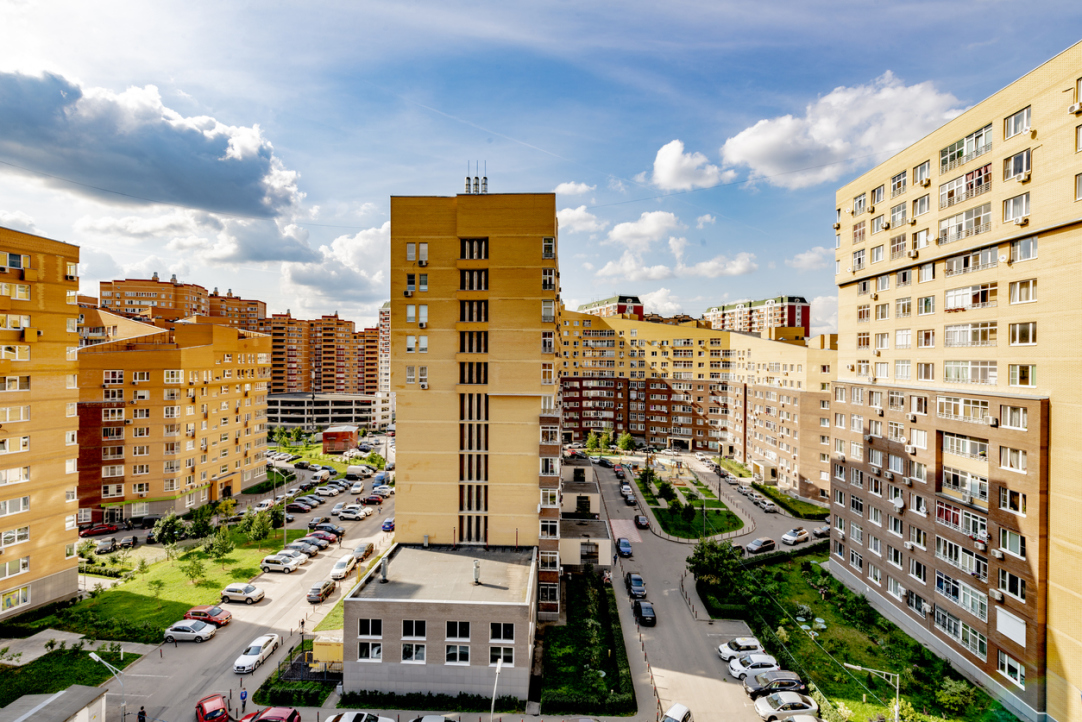
Two Worlds of Residents: Car Owners Look at Shared Urban Courtyards Differently from Pedestrians
Researchers from HSE University and St. Petersburg State University of Architecture and Civil Engineering (SPSUACE) used eye tracking to study how residents who own cars and those who don’t look at the shared courtyards of multistorey apartment buildings. The study was published in Urban Forestry & Urban Greening.
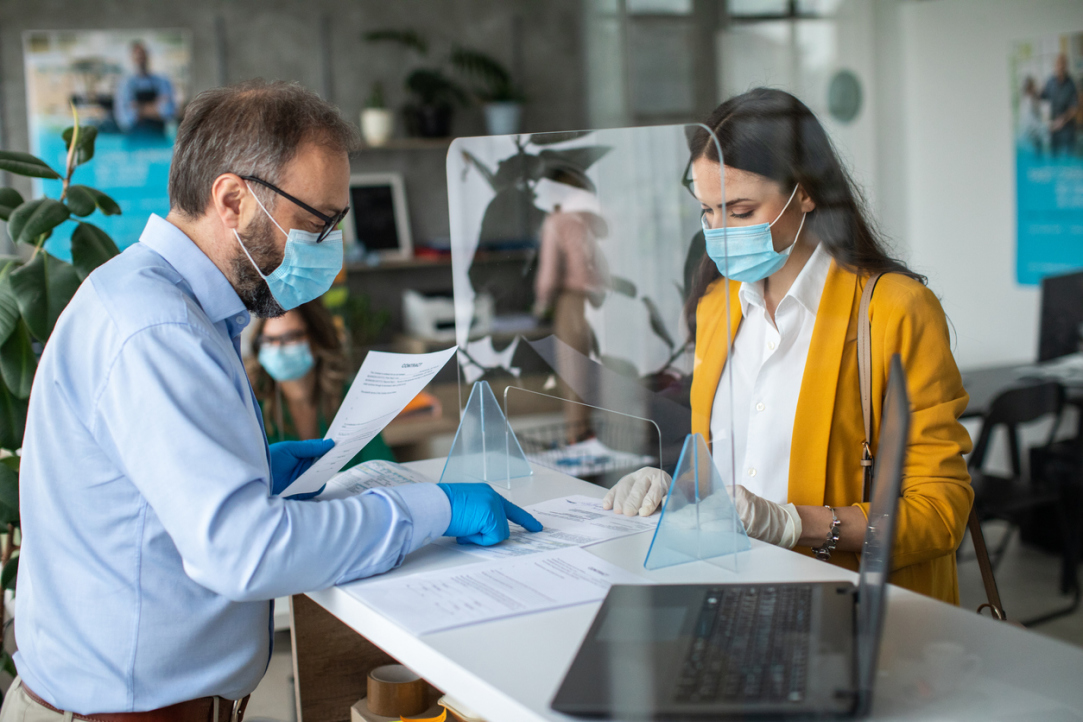
Do Banks Always Need to Know as Much as Possible about Borrowers?
Economists from HSE University have demonstrated that collecting as much information as possible about borrowers does not always decrease banks’ risks. Sometimes, more is not better: on the contrary, increasing the volume of data might increase the risks of loan defaults to a certain extent. The study was published in the WP BRP HSE University, Series: Financial Economics series of working papers.

Risk-Taking Propensity Significantly Contributes to Entrepreneurship
Risk-takers are thought to be more likely to set up and grow their own ventures because business involves many risks. This does not apply to all entrepreneurial situations, but only to those where people have realized that running their own business is something they really want, not something they are pushed to do.
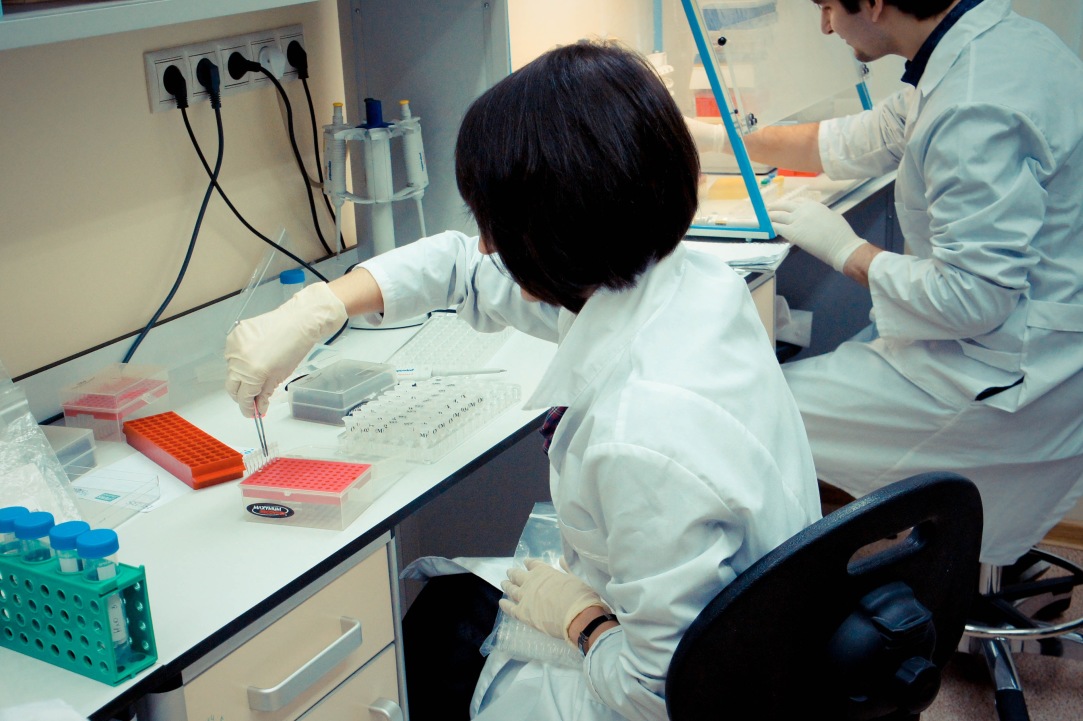
Laboratory for Molecular Mechanisms of Ageing Opens at HSE University
The decision to create the laboratory was based on the results of an open competition organised by HSE University. The winner of the competition was the project ‘The role of non-coding RNA in facilitating active ageing’ led by Maxim Shkurnikov, Associate Professor of the HSE University Faculty of Biology and Biotechnology.

‘Working on the Fringes of Philosophy and Discovering New Territory’
On January 10-11, metaphysics negativity research group from the HSE University School of Philosophy held its first international event, an online conference entitled ‘Defining Nothingness’. One of the members of the organizing committee, as well as some of the international participants share their impressions and talk about their research.
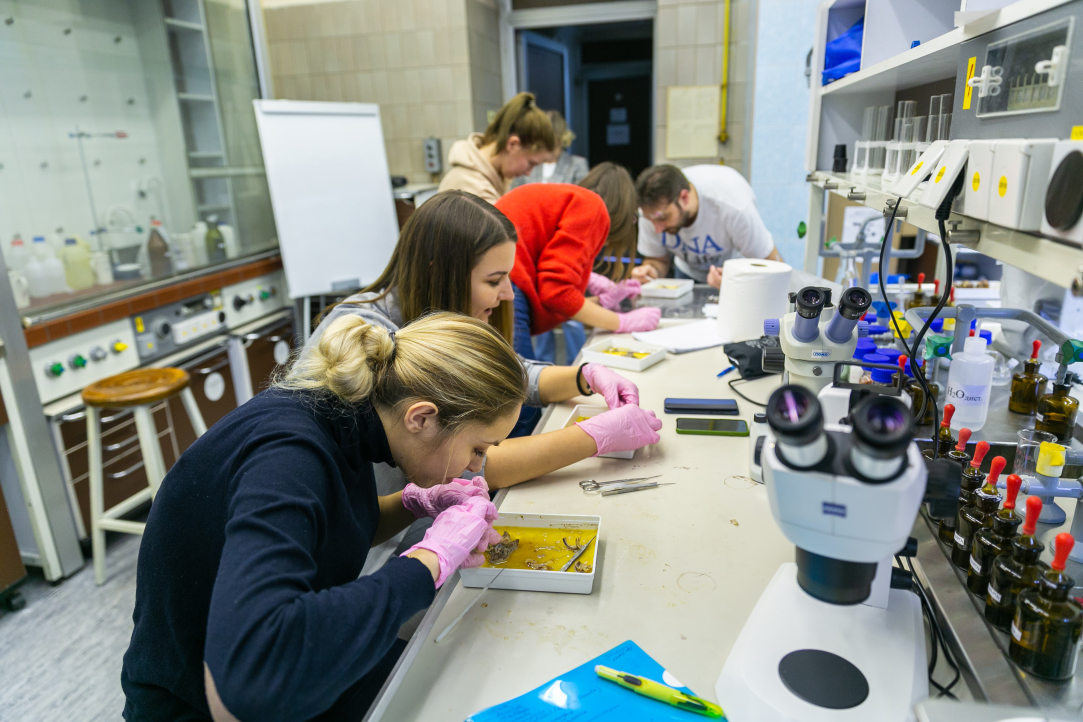
December Festival and Five New Projects: News from the HSE Centre for Student Academic Development
The HSE Centre for Student Academic Development, in cooperation with the Student Development Office and Ingroup CTC, held a large-scale student science festival in December. Read on to learn about the outcomes of the event and the Centre’s projects for early 2022, including discussions about science, how not to get lost in the academic world, and new competitions.

New International Laboratory to Study Lighting Flashes and Volcanic Lightning
HSE University has launched a new International Laboratory for the Study and Assessment of Dangerous Geophysical Phenomena. Alexander Kostinskiy, Head of the Laboratory and Deputy Director of HSE MIEM, explains the laboratory’s future work, its important research and practical applications, and the role of international cooperation in the new laboratory.
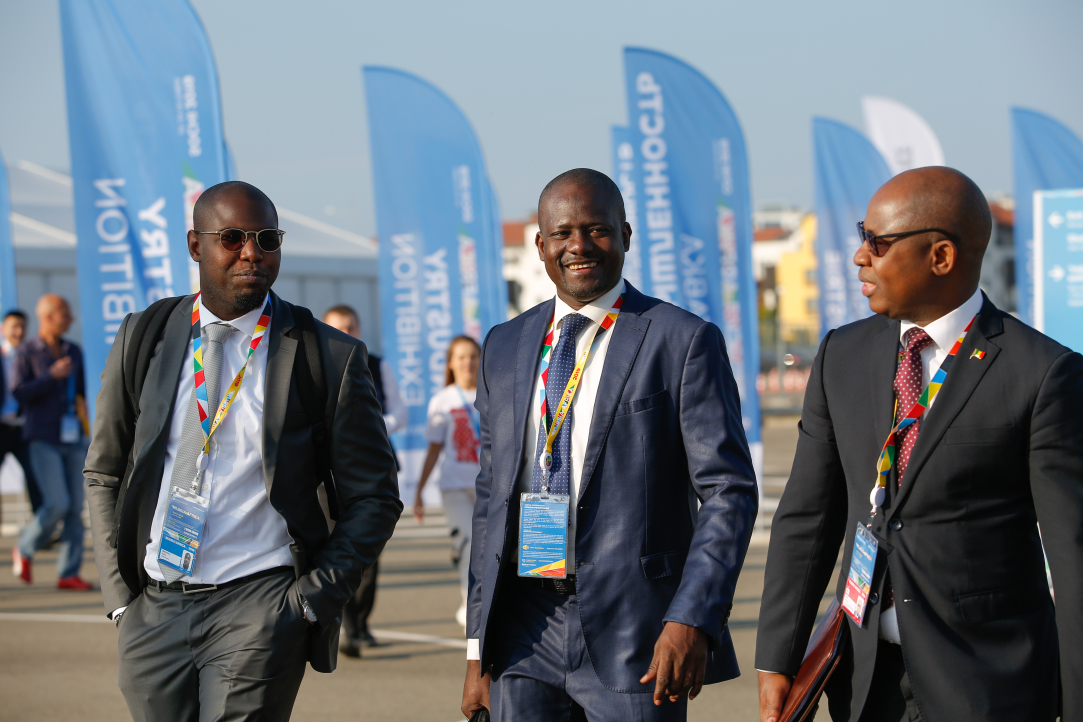
‘Our Objective Is to Export Russian Expertise and Knowledge to Africa’
On December 27, Andrey Maslov was appointed Director of the HSE Centre for African Studies. In his interview with the HSE News Service, Mr. Maslov talks about the Centre’s objectives, whether HSE students will be engaged in the Centre’s activities, Russian-African relations and the practicalities of doing business in African markets.
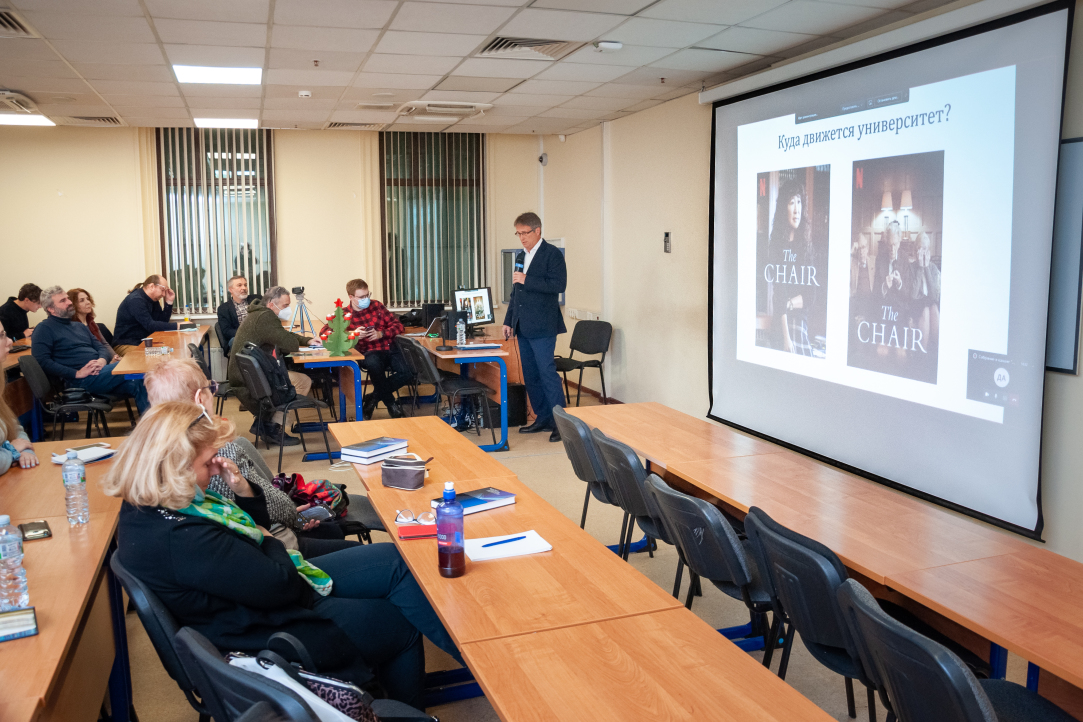
Discussing ‘The Chair’ in the Context of Contemporary University Problems
At the end of December 2021, the Laboratory for Studies in Economic Sociology (LSES) at HSE University held its traditional Christmas Cinema Seminar entitled ‘Where are universities going?’ Participants discussed ‘The Chair’, a TV series created by David Benioff and Daniel Brett Weiss, authors of ‘Game of Thrones’. 2021 marked the 20th anniversary of the Christmas seminar, which LSES has held to discuss hot-button issues after watching famous Russian and foreign films.


Applications are submitted until August 17, 2025